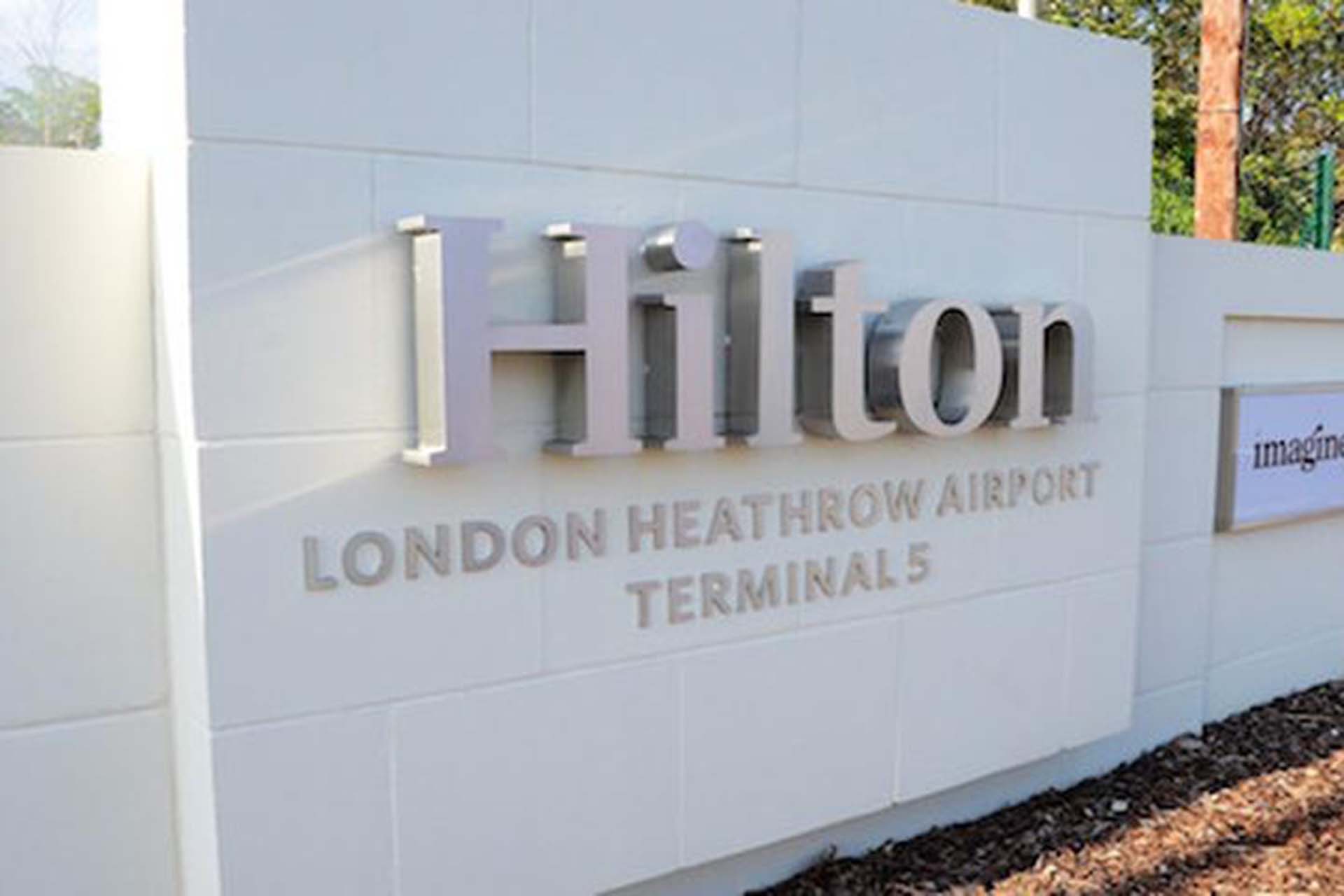
On Tuesday 19 May 2015, Shiva Foundation hosted a training session with hotel group, Shiva Hotels, in order to look at how the hospitality industry could engage more productively in the fight against human trafficking and modern slavery. Partnering with long established and highly respected charity, Unseen, it delivered an initial awareness raising and creative thinking session around these issues in the UK context.
What does it have to do with hotels?
The hospitality sector employs 2.4 million people and contributes over £34 billion to the UK economy. The National Crime Agency states that traffickers and organised criminals will look for ways to exploit this.
It is understood that trafficking can affect the hotel industry in the following three ways:
- Use of a hotel for the sexual exploitation of adults and children;
- Staff, and in particular those recruited or subcontracted via agencies, being victims of forced or bonded labour; and
- Products and services supplied to the hotel being produced by forced or bonded labour, labour exploitation and unethical labour practices
What was covered in the training session?
The training session, aimed at general managers of hotels, looked at these issues in greater depth. It encouraged an open discussion of what is human trafficking is, how hotels might (directly or indirectly) support it and how, as an industry, there can be a productive and meaningful response.
Key objectives were set out early on in the day, including ensuring the general managers left with an understanding of:
- trafficking and slavery in the UK;
- the Modern Slavery Act and Transparency in Supply Chains Legislation;
- how trafficking and slavery relates to the hotel and hospitality industry; and
- how they might begin to think about next steps and plan of action.
Despite an initial disbelief regarding the numbers around trafficking in the UK, those in attendance participated actively throughout the three hour session, sharing stories of past issues, risks and the policy to date. It was noted that there had been a range of responses to the issue in the past, from a general lack of interest from the authorities in some areas to more formal partnerships with police forces in other areas. There was a keen desire to try to connect with support agencies in the future in order to establish stronger networks and procedures that could be used if trafficking were to be identified within the hotels.
Several hotel-based case studies were discussed in order to give more relevant examples to the group and encourage thinking around where some of the key risks may lie. In the first instance, subcontractors, online bookings and supply chains for hotel products were identified as having an inherent risk due to the lack of control by the hotel itself in these areas.
Unsurprisingly, reputational risk was a key concern which was discussed at length. In particular, it was thought that a hotel that takes a proactive approach may be seen publicly as having a trafficking problem. However, ultimately, it was agreed that identifying and supporting any potential victims of trafficking internally would be far preferable to taking a reactionary approach, being pressured in light of a crisis. Linked to this was importance of having a key trusted external contact (whether in the local police, community group or NGO) in order to appropriately support potential victims whilst maintaining a level of confidentiality.
Importantly, analogies were made with existing safeguarding systems (such as those for child sexual abuse) that could be plugged into or learnt from for cases of human trafficking. It was particularly interesting that the general managers thought it would be important to have a trusted internal advocate or contact person for staff to speak to if they suspected something, rather than having to speak with more senior managers who they often never interacted with.
It was important to the group as a whole that they take a leading role on this issue, as a large scale buyer and employer, in order to create a trickle down effect across suppliers and subcontractors, where possible. It was also recognised that hotel clients will, in time, start to ask about this issue and that the group wanted to be able to answer them with credibility.
There was a clear willingness to learn and put a more comprehensive group policy in place on the issue. By cultivating a space of open dialogue, Shiva Foundation enabled not only the business to learn from the experts on the issue but vice versa.
What next?
The group decided to consider putting together a working group to create a united and comprehensive policy on trafficking and slavery among the group and, hopefully, within the industry as a whole. This working group would look at developing processes to identify key risk areas, developing and including policy and governance procedures, engaging and training staff, reporting on activities and learning from what others are doing in this space.
Implementation of the Modern Slavery Act will bring further clarification around what businesses as a whole should be doing on this issue and both Shiva Foundation and Shiva Hotels intend to continue to take action from an early stage, hopefully encouraging others to do the same.


